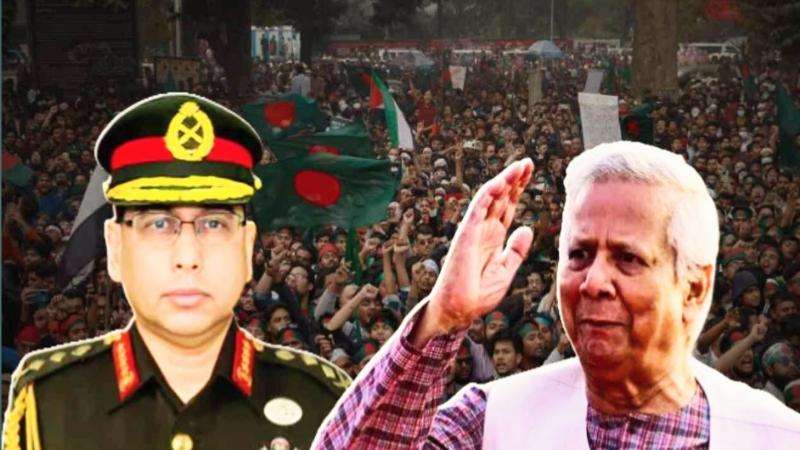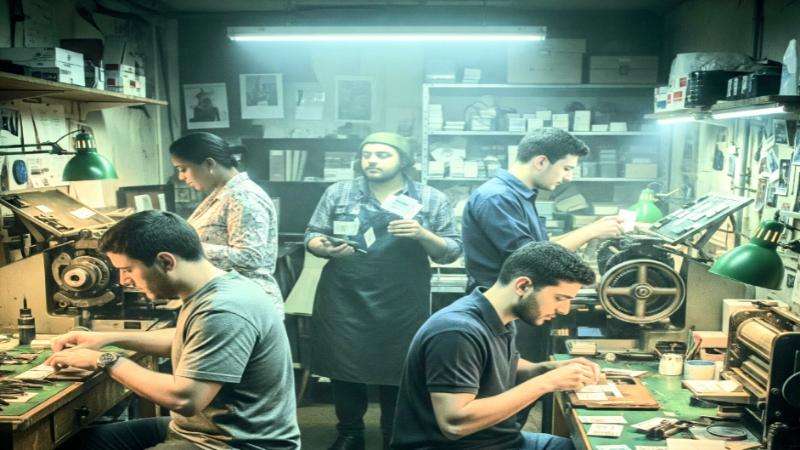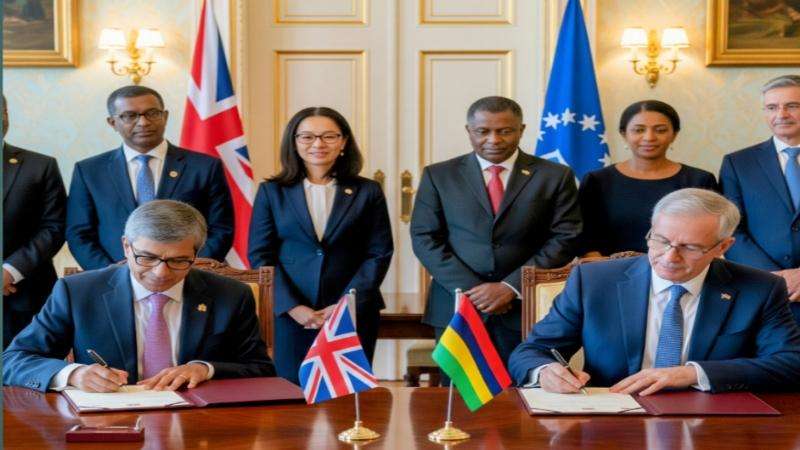Ivory Coast's government has moved decisively to quash a torrent of social media rumors alleging a military coup, with President Alassane Ouattara making a public appearance on Wednesday, May 22nd, as he chaired a council of ministers meeting in Abidjan. This direct refutation comes as the West African nation grapples with heightened political tensions ahead of its crucial October 2025 presidential election.
For several days, unverified reports had spread rapidly across platforms like X (formerly Twitter), Facebook, and TikTok, painting a dramatic picture of intense gun battles, the alleged death of the Chief of Army Staff, and the disappearance or even kidnapping of President Ouattara. These sensational claims also included mentions of widespread unrest and a media blackout across the country.
However, the Ivorian presidency released statements and photographs confirming President Ouattara's active presence and leadership at the cabinet meeting held at the presidential palace. Journalists on the ground have also consistently dismissed the coup allegations as "fake news," asserting that the country remains stable. "There is no coup in Côte d'Ivoire. The country is stable," an Ivorian journalist affirmed.
Regarding claims of internet disconnection, while some social media posts associated with the coup rumors mentioned such disruptions, there is no independent confirmation from major international news outlets or internet monitoring groups of a widespread, government-imposed internet shutdown directly linked to these recent coup rumors. It's important to note that West Africa has experienced significant internet outages in the past due to undersea cable damage (as in March 2024), but this was a technical issue, not a government directive related to political unrest. Any current reports of a government-orchestrated internet disconnection in this context remain unverified by credible sources.
The rapid propagation and nature of these unverified coup rumors highlight the pervasive challenge of misinformation, particularly in a region where social media can quickly amplify unconfirmed reports. Ivory Coast, a key economic player in West Africa, carries a history of political instability, including a 1999 coup and violent post-election crises, which can make its population particularly susceptible to such rumors.
The timing of these false claims is crucial, occurring as the country heads towards a pivotal presidential election in October 2025. The political climate is already charged, with ongoing debates surrounding President Ouattara's potential bid for a controversial third or even fourth term (depending on interpretations of constitutional changes) and recent legal challenges faced by opposition leader Tidjane Thiam regarding his eligibility to run. Such an environment, characterized by deep political divisions and a desire for change among some segments of the population, creates fertile ground for disinformation campaigns designed to destabilize the political process.
The government's swift response, by showcasing President Ouattara publicly, is a strategic move to control the narrative and reassure both its citizens and the international community. However, the persistence of these rumors, even when directly refuted, underscores the existing societal frustrations and the significant challenge authorities face in combating politically motivated misinformation in the digital age. International observers are closely monitoring the situation, emphasizing the importance of transparency and adherence to democratic principles as the nation progresses towards its elections.
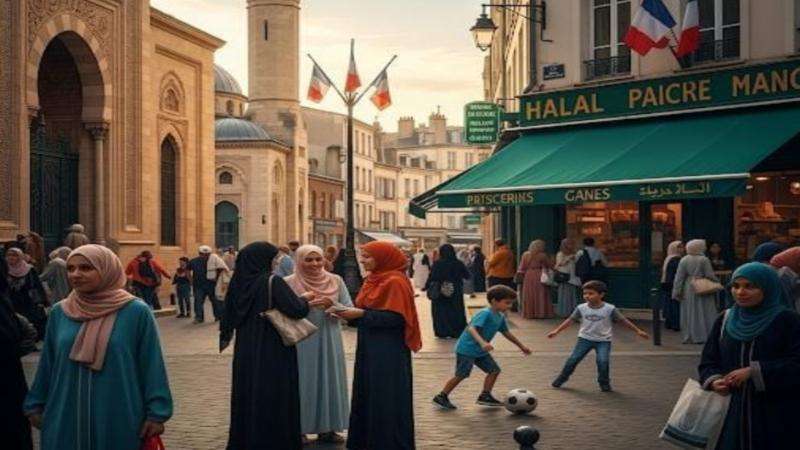
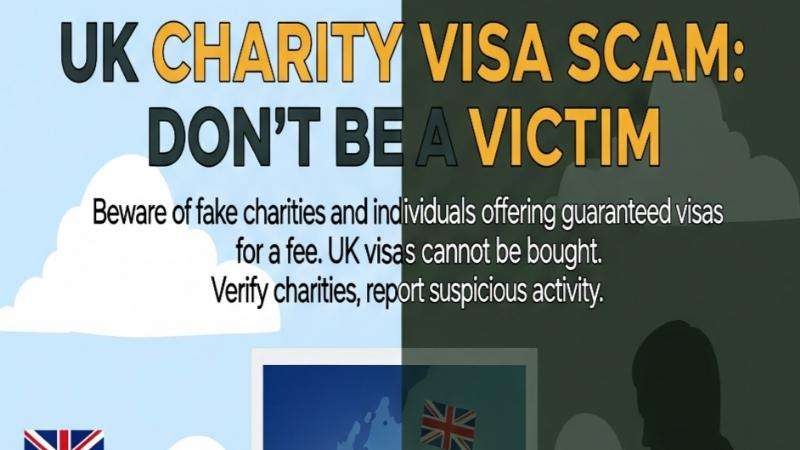
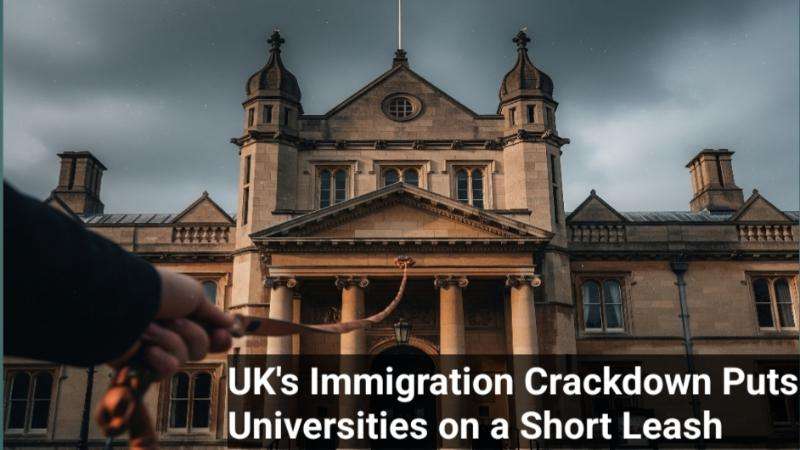
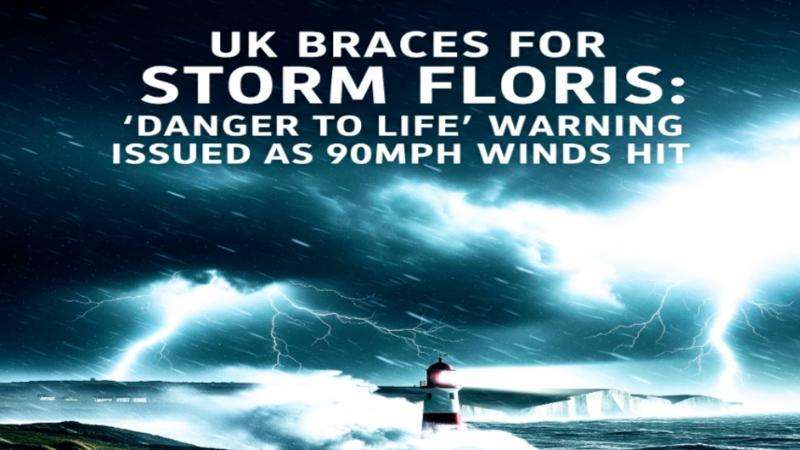
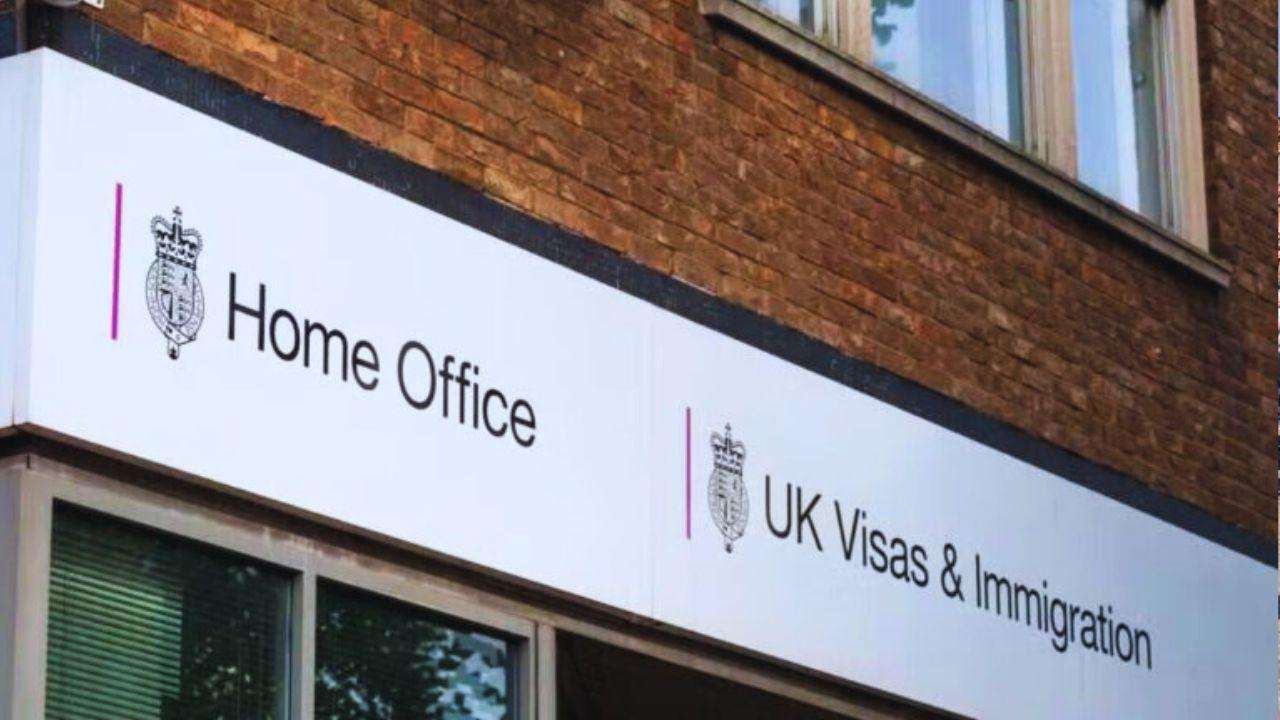


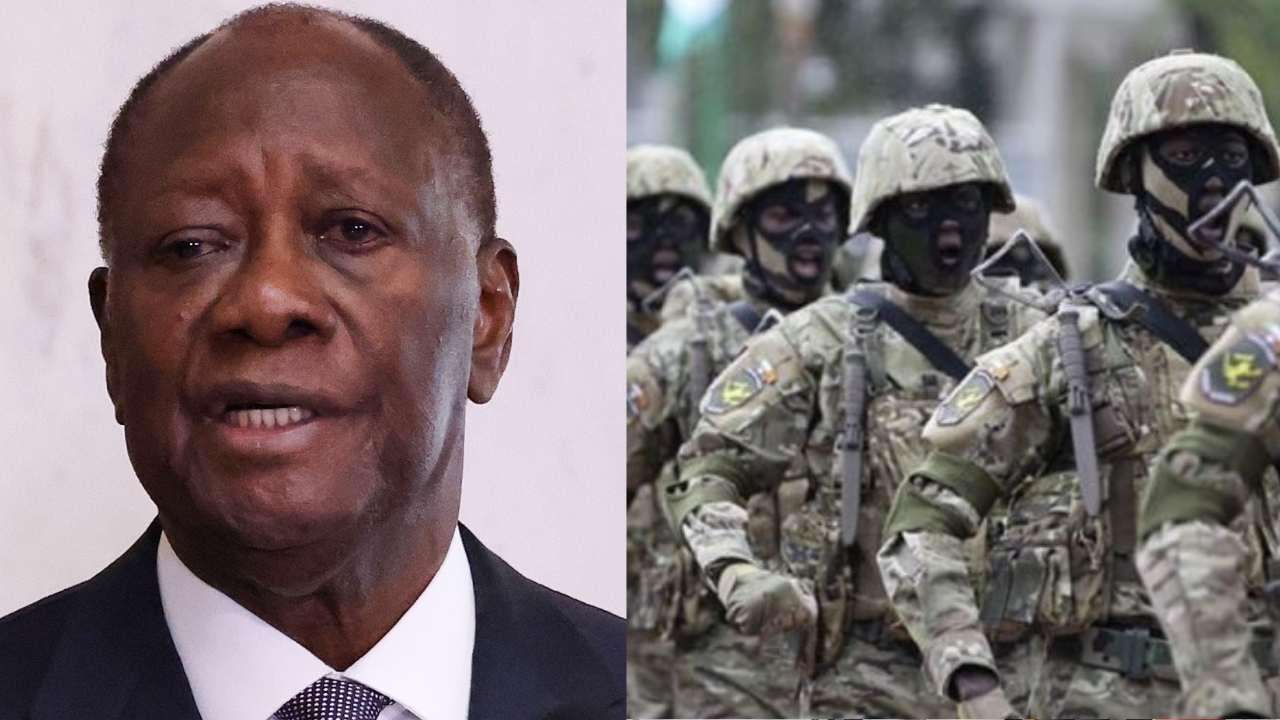
.svg)

